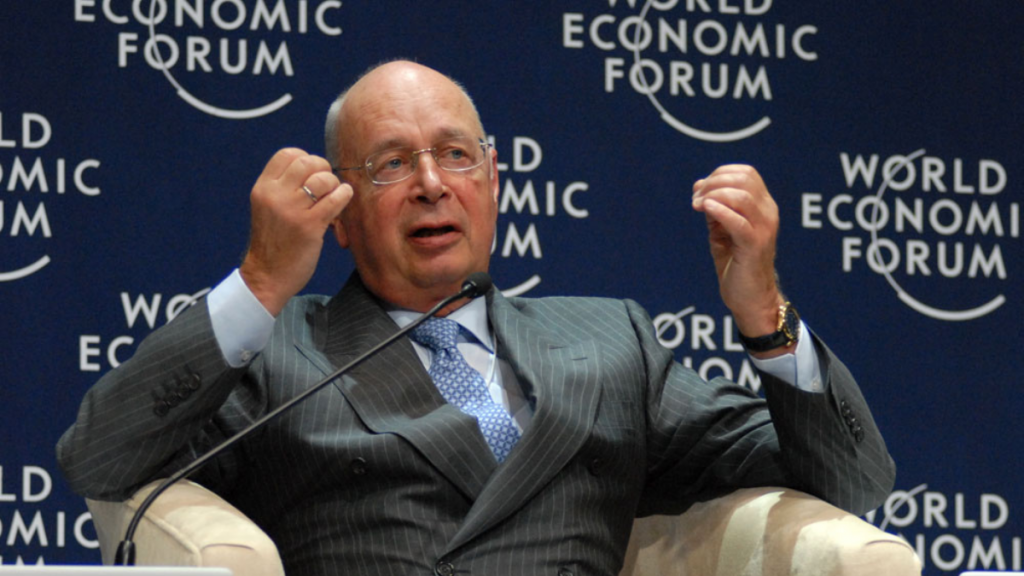Klaus Schwab, the founder and leader of the World Economic Forum (WEF), is set to step away from his executive role to transition to a non-executive chairman role by 2025. Børge Brende, the current president of the WEF, with prolific experience within the United Nations, including Chairman of the U.N. Commission of Sustainable Development, is primed to take up the reins.
Schwab has long been infamous as a robust figurehead, particularly known for his authoritarian demeanour. His resignation signals a potential shift in the transparency of the WEF’s future undertakings, making it more challenging to monitor its influential hold on national leaders and corporate agendas.
The WEF is primed to pursue more power and influence among the “middle powers,” or smaller nation-states, under Brende. These middle powers often seek a more substantial role on the global stage and, therefore, are attractive targets for WEF’s transnational corporations. The WEF website already identifies these as emergent forces in the world’s multipolar landscape.
Moreover, Brende’s leadership is likely to diminish public events like the Davos-man opulent parties, in favour of exclusive, private gatherings akin to Bilderberg meetings, away from the press’s glare. This move is borne out of a need to revamp the WEF’s image amidst growing disdain from populist factions worldwide. Stakeholder capitalism, Schwab’s flagship policy, would require a significant overhaul to stem this sentiment.
The WEF has steadily morphed into a significant player for corporate globalists, pushing their agenda through inverse totalitarianism. The transition to Brende’s leadership threatens to allow the WEF to operate out of public scrutiny once more, effectively rebranding its image while maintaining its grip on the world’s corporatist structures. However, the rise of alternate social media platforms and populist parties advocates resistance to this structure, signalling a potential for change.
